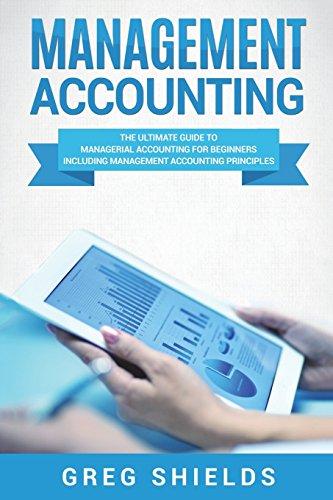Sweeten Company had no jobs in progress at the beginning of March and no beginning inventories. The company has two manufacturing departments-Molding and Fabrication. It started, completed, and sold only two jobs during March-Job P and Job Q. The following additional information is available for the company as a whole and for Jobs P and Q (all data and questions relate to the month of March) Estimated total machine-hours used Estimated total fixed manufacturing overhead Estimated variable manufacturing overhead per machine-hour Molding Fabrication Total 2,500 1.500 4.000 $11,500 $15,900 $27,400 $ 2.00 $ 2.80 Job P $19,000 $25,800 ob 0 $11,000 59,900 Direct materials Direct labor cost Actual machine-hours used: Molding Fabrication Total 2,300 1,400 Sweeten Company had no underapplied or overapplied manufacturing overhead costs during the month Required: For questions 1-8, assume that Sweeten Company uses a plantwide predetermined overhead rate with machine-hours as the allocation base. For questions 9-15. assume that the company uses departmental predetermined overhead rates with machine-hours as the allocation base in both departments. 4. If Job P included 20 units, what was its unit product cost? (Do not round intermediate calculations. Round your final answer to nearest whole dollar.) Unit product cost Raw materials Work in process Finished goods $ 74,000 $ 31,800 $ 52,200 The company applies overhead cost to jobs on the basis of direct labor-hours. For the current year, the company's predetermined overhead rate of $14.50 per direct labor-hour was based on a cost formula that estimated $580,000 of total manufacturing overhead for an estimated activity level of 40.000 direct labor-hours. The following transactions were recorded for the year. a. Raw materials were purchased on account, $690,000 b. Raw materials use in production, $641,800. All of of the raw materials were used as direct materials. c. The following costs were accrued for employee services direct labor, $530,000, indirect labor, $150,000, selling and administrative salaries, $308,000, d. Incurred various selling and administrative expenses (eg, advertising, sales travel costs, and finished goods warehousing). $457,000. e. Incurred various manufacturing overhead costs (eg. depreciation, insurance, and utilities). $430,000. f. Manufacturing overhead cost was applied to production. The company actually worked 41,000 direct labor-hours on all jobs during the year. g. Jobs costing $1,703,300 to manufacture according to their job cost sheets were completed during the year. h. Jobs were sold on account to customers during the year for a total of $3,510,000. The jobs cost $1713,300 to manufacture according to their job cost sheets 2 What is the ending balance in Raw Materials? Raw Materials Beg. Bal. End. Bal. 4. What is the total amount of manufacturing overhead applied to production during the year? Manufacturing overhead applied 5. What is the total manufacturing cost added to Work in Process during the year? Total manufacturing cost 7. What is the ending balance in Work in Process? Work in Process Beg. Bal. End. Bal. 8. What is the total amount of actual manufacturing overhead cost incurred during the year? Total actual manufacturing overhead cost 9. Is manufacturing overhead underapplied or overapplied for the year? By how much? 10. What is the cost of goods available for sale during the year? Cost of goods available for sale
















